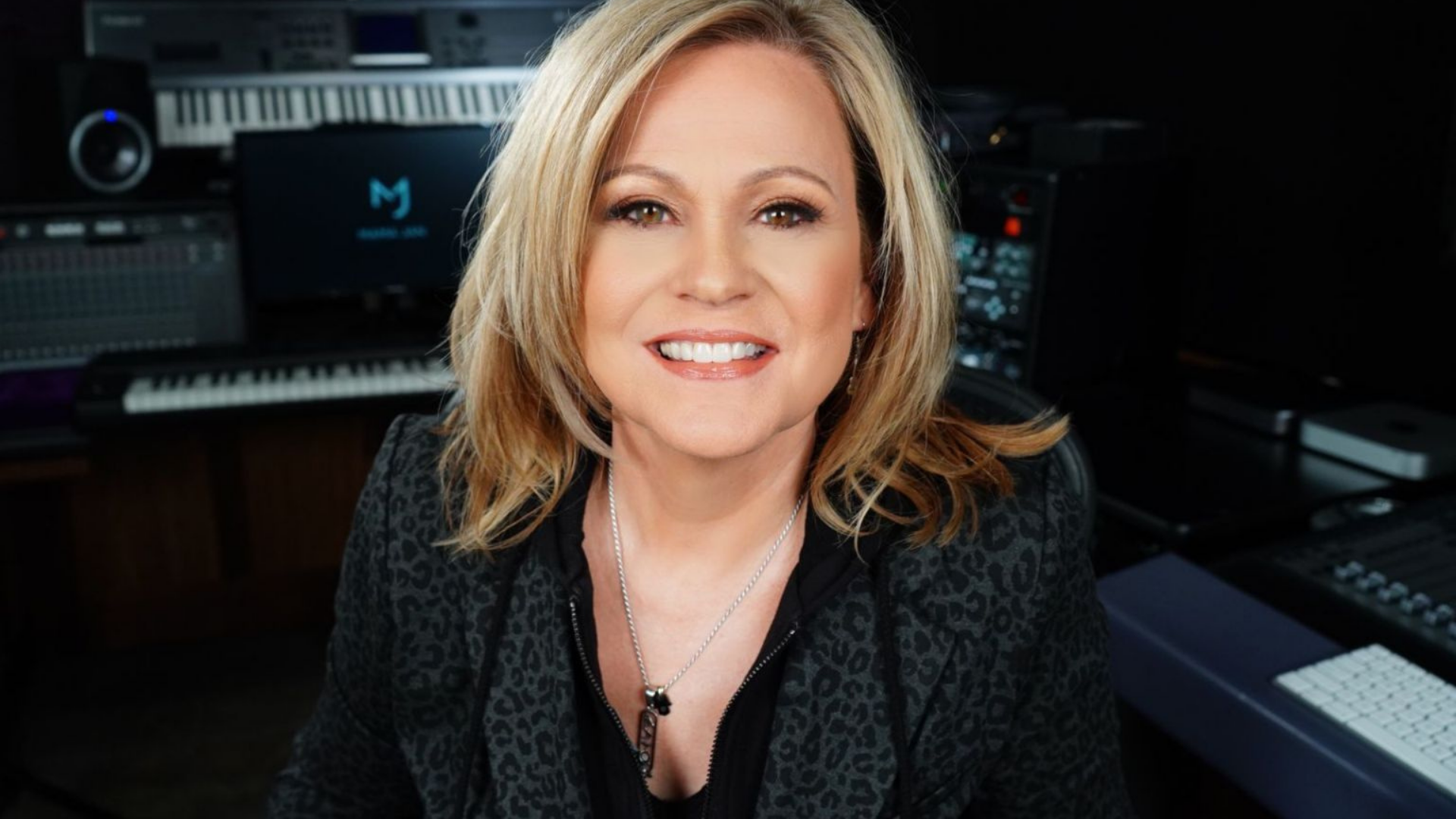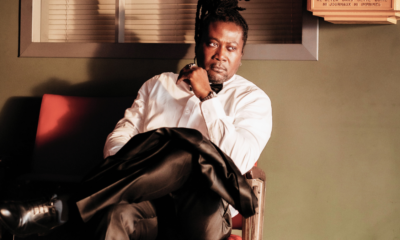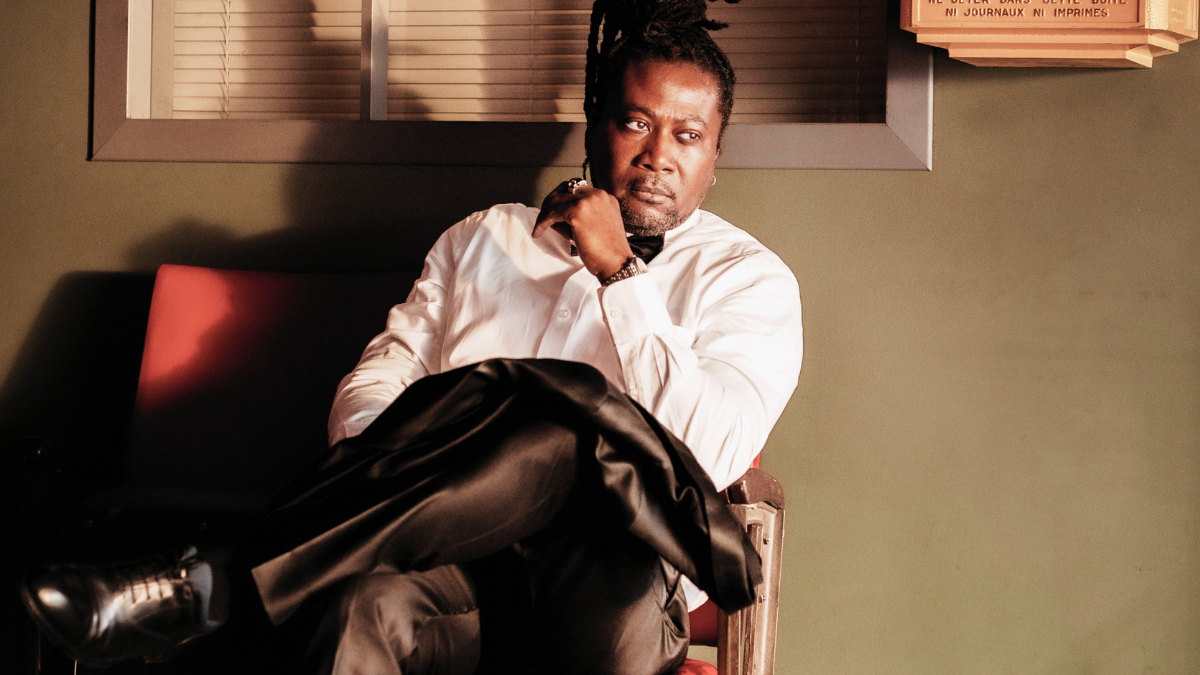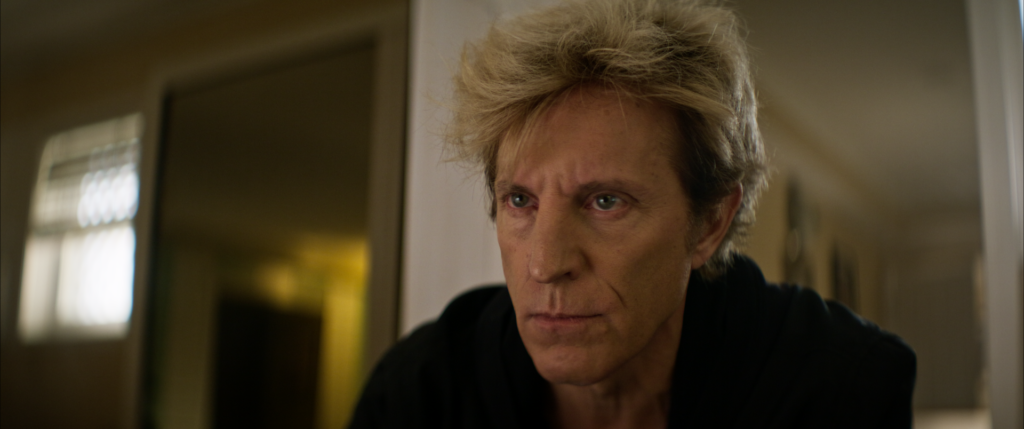Initially a psychology major who uses that and her various musical talents to make a differencenitially a psychology major who uses that and her various musical talents to make a difference, Jan Smith, affectionately also known as Mama Jan, is an accomplished, singer, songwriter, vocal coach, vocal producer and Grammy nominated music producer who founded Jan Smith Studios in Atlanta, Georgia. Her resume includes some of the biggest names in today’s music industry; Usher, Justin Bieber, Rob Thomas of Matchbox Twenty, Sean Garrett, Drake, The Band Perry, Keri Hilson, Ciara, Monica, and the list goes on. It is more than apparent that this lady knows exactly what she is doing but more importantly, she is passionate about her career and the career of those she works with. She does not take lightly the relationship between an artist and their vocal coach and because Mama Jan has experience with being an artist, she has 6 albums and 2 EP’s over her decades long career. Smith uses her experience as an artist as a tool in which to teach others as well as continually working on her craft in order to share with others and help them have phenomenal careers. The vocal cord is far too often ignored and Jan does her best to alter that perception and educate the masses about this misunderstood instrument.
TVM: I have the pleasure of speaking with multitalented, award-winning vocal coach Jan Smith, who is also, lovingly called Mama Jan. How are you doing Mama Jan?
Mama Jan: I’m doing great Nana, how are you?
TVM: I well thanks for asking. A lot of people seem to forget that you’re actually an accomplished artist in your own right and released an album when you were just 15. Can you tell our readers about your journey thus far from artist to, what some would call a saviour for so many of the greatest voices in the music industry today?
Mama Jan: I cut that first album when I was 15 years old and played in rock ‘n’ roll bands, performed, and did some mild touring throughout my teens, twenties, thirties, and into forties; so performing is something that I do now when I want to and when there is a reason to help a cause or benefit someone else. But I still enjoy it because the stage was really my first love and the studio is kind of tied in there for first or second place. Growing up, recording music really gave me the vernacular to be able to relate to other musicians and understanding life on the road and in the studio provides me a unique ability to communicate with the artists I work with. I do believe that it is part of what has honed my skills as a vocal coach and as an artist developer to really understand the endeavour and the passion that drives artists as well as the pitfalls or some of the problems that they have. Having lived the life myself, allows me to really work with them hand in hand in a way that, perhaps, other vocal coaches just might not understand.
TVM: What was the catalyst for you to take this particular path towards vocal coaching?
Mama Jan: I never really decided that myself Nana, I would have to say that it was truly God’s plan for my life. I’m not sure that I had awareness as such; I was just taking the opportunity to be able to do something that was more music related versus working in psychology. It allowed me more freedom with my own music endeavours so I was just really helping other rock artists at the time, and nobody else was catering to their needs as well as the needs of urban artists and it just grew into something I never really planned on. 26 years later, I see the largest roaster of charting artists of any vocal coach in America. God used the talents that he had honed in me to be able to help others somewhat, to my chagrin. I didn’t really think that I wouldn’t be pursuing an artist’s career at this point but it’s really okay with me now.
TVM: So, essentially, it’s like God works through you?
Mama Jan: Well, God works in mysterious ways. I mean, honing skills in me all my life that I didn’t recognize were going to be a skill set used to help others but it’s quite an honour and a privilege to understand on a grand scale that the impact and the influence is so vast at this point that I am very humbled by it.
TVM: You have various specialties including vocal endurance and maintenance, what are some of the key tips for vocal health and stamina?
Mama Jan: The first thing is helping people understand taking care of their bodies because your body is your instrument. Your general health and well being matters a lot to the endurance of what your voice is going to be able to put out and I think a lot of singers recognize that. It matters what you eat, drink, whether or not you smoke and do drugs, etc. It has a great bearing on the longevity of the instrument itself and physiology is extremely predictable so if people are abusive to their bodies and not respectful of their diets then there are obvious results from that. Helping people to really understand that cleans up a lot of the problems and then we can work with the physiology to make it stronger and better to be able to do more. Also, people exercise because they are trying to take care of their bodies but a lot of artists don’t realize that they need to do the same thing.
TVM: What are your thoughts on vocal routines?
Mama Jan: Well I think there are various ways and methods people can use to warm up their voice. I have graduated levels that I work with people on; a beginner won’t be put at the same pace as a person who is more experienced. It’s about assessing where people are at and their progression and helping them to develop a formula of exercises to warm up with that aren’t going to hurt them and give them the opportunity to grow into the strength building that they want to have.
TVM: How does an artist know they are damaging their voice? What are there any warning signs to look out for?
Mama Jan: I think anytime someone is hoarse, if they’re losing their voice, if anything is hurting them; a lot of times people like to have a raspy/smoky sound but there’s no such thing as a raspy voice so if someone is having those kinds of issues we listen out for that to see if there is any inflammation of the vocal cords. You should also pay attention to clearing your throat a lot, not being able to hit notes that you once could hit and/or you have to push really hard to hit notes or to get the voice to sound in certain areas of your range.
TVM: Some say that a lot of vocal health depends on whether or not an individual speaks properly, what are your thoughts on that?
Mama Jan: Well, you’re using the same vocal cords to speak and sing with. A lot of people who have difficulties with their speaking voices, it will spill over into their singing voices too. So flemmation and articulation are very important and knowing about that helps a lot in my job because we see a lot of people with vocal issues that are created from speaking or doing things incorrectly just in their speaking voice. I would say that it’s very important.
TVM: You seem to have quite the relationship with the artists you work with, how important do you think that is to maintain throughout an artist’s career in terms of the relationship being constant.
Mama Jan: I think that people go through different phases of what they’re doing and the necessity to utilize my skill set comes and goes depending on what they’re doing and where they are in their
TVM: You seem to have quite the relationship with the artists you work with, how important do you think that is to maintain throughout an artist’s career in terms of the relationship being constant.
Mama Jan: I think that people go through different phases of what they’re doing and the necessity to utilize my skill set comes and goes depending on what they’re doing and where they are in their careers. For example, I’ve worked with Usher since his late teens and he and I, like Rob Thomas, are old friends at this point. They call on me if they run into a jam or get in trouble neither one of them, as singers need me on a constant basis as they did when they were both either in trouble or starting out. But they still rely on my expertise to troubleshoot for them and to help them at the level that they are at now knowing that I am able to accommodate that. They may not need me in the constant fashion of, say, Justin Bieber did when he was touring and having some problems with his voice because of puberty but, you know, Usher will still come by with his computer and all of his new tunes and we’ll sit down and go through things; Rob Thomas will be on the road and he’ll text me that he has a sore throat and he’ll wonder about my suggestion or if they are coming thru Atlanta and they are doing a special show or radio appearance and need my support, they call. I’ll go and do what I need to do for them; it’s just a different level of training at that point.
TVM: What are the most common mistakes you see artists make that lead to vocal cord injury?
Mama Jan: I think that the idea that the show must go on is dangerous because although any performer adopts that credo, I think that pushing through sometimes damages voices. It’s like, if a football player tore a ligament, they would be benched for, perhaps, the entire season and never walk back out on that field for the sake of saving their leg but singers will go into the game and on to the field, so to speak, with a vocal cord that might be pulled or torn or inflamed and otherwise hurting and they’ll push through the performance and they shouldn’t….that’s a big problem. Also people who smoke, drink, and do drugs, it’s really hard on the body but, you know, smoking in particular, is difficult on the vocal cords because your vocal cords are housed over your windpipe so everything that you breathe passes directly through them. My people who smoke dope, cigarettes, and who do inhalant drugs like cocaine, speed, and suck stuff up their nose, they’re taking really hard hits on their physiology.
TVM: Do you feel that there are any misconceptions about the voice?
Mama Jan: Probably about 90% of the people who come in for vocal evaluations and consultations don’t even know how many vocal cords they have, where they’re located, what they are made out of, and they don’t understand how they function. Yet, they want to hinge their career and everything that they dream of on two little strips of fiber that sit on their neck and they don’t know anything about them. I think that’s the biggest problem; people are ignorant of process and information/knowledge is power and the application of that is what makes people more successful. My mission is to help educate people so that they can be smarter and gain more prevision and success off of what they’re trying to do. I also think that there is a lot of ignorance in our industry; there are a lot of people who produce great records but don’t know anything about singing. They put my singers in the booth and they beat the crap out of them by trying to get them to stand there and sing for 6 hours and it’s just total stupidity. It’s important to educate everyone so that the process improves and flows so that we can capture greater performances of artists who really know how to use their instrument.
TVM: Could you take our readers through your process? What is an initial lesson with you like?
Mama Jan: All of my staff are former clients of mine; they have all been trained by me so that they have my methodology. We do an evaluation the first time we see anybody because there is no way to work with someone until we can assess where they are, who they are, how they are taking care of themselves, what problems they have, and what they want to do with their voices so a lot of it is that; basically getting information. The other part of it is working with them to assess whether they can hear notes; are there any hearing difficulties, pitch dynamics…kind of get a blueprint of where there voice is. From that information we sit down and tell them what we’re hearing and try to give them a ball park plan of how we would work with them going forward.
TVM: Interesting, so you go through a background process before you even get to them singing?
Mama Jan: Yeah, absolutely. A lot of times I get called to a situation to help someone in the studio; to pull somebody out of trouble. In those situations I don’t have time to do evaluations, I just go in and quickly assess what’s up and make some type of intervention to help save a performance or a situation. But on an average basis we do an evaluation because there’s really no way for us to work with anybody if we don’t know anything about them or how they’ve been using their voices to begin with.
TVM: Performing in the studio versus performing outside of the studio, what kind of tips do you give to artists?
Mama Jan: I think that the studio is a very different animal from live performing, that’s the first thing I would say. It’s kind of an acquired skill, the more time somebody has in the studio the more they understand the microphones, the pre-amps, you know, the microphone techniques and that it’s very different from a live setting. It’s really about the experience of it and as a producer and a vocal producer being able to work with artists and walk them through that process.
TVM: Performing in the studio versus performing outside of the studio, what kind of tips do you give to artists?
Mama Jan: I think that the studio is a very different animal from live performing, that’s the first thing I would say. It’s kind of an acquired skill, the more time somebody has in the studio the more they understand the microphones, the pre-amps, you know, the microphone techniques and that it’s very different from a live setting. It’s really about the experience of it and as a producer and a vocal producer being able to work with artists and walk them through that process so they become more aware of how to use their voices in the studio to capture great performances is a fun thing that I do but also it’s very important to help artists understand how to do it because some just walk into the studio for the first time and they’re totally inexperienced. There’s no real advice other than to find a good producer who knows what they’re doing to help walk you through that process.
TVM: For touring artists on the road, what daily routines do you recommend for their vocal health?
Mama Jan: I think that exercise and diet are essential. I mean, it’s not rocket science but it’s stuff that people in our industry fall extremely short of being able to do adequately.
TVM: What daily activities help build vocal skills?
Mama Jan: I usually have people do a lot of cardio because, what people don’t realize, is that air is what generates that vibration of the vocal cords and having better control of your heart and your lungs matters a lot to good singers. Doing vocal exercises and a good workout helps condition their voice the same way they condition their bodies.


 Business3 years ago
Business3 years ago
 Business2 years ago
Business2 years ago
 Business2 years ago
Business2 years ago
 Business3 years ago
Business3 years ago
 Business3 years ago
Business3 years ago
 Business3 years ago
Business3 years ago
 Business3 years ago
Business3 years ago
 Business3 years ago
Business3 years ago








































